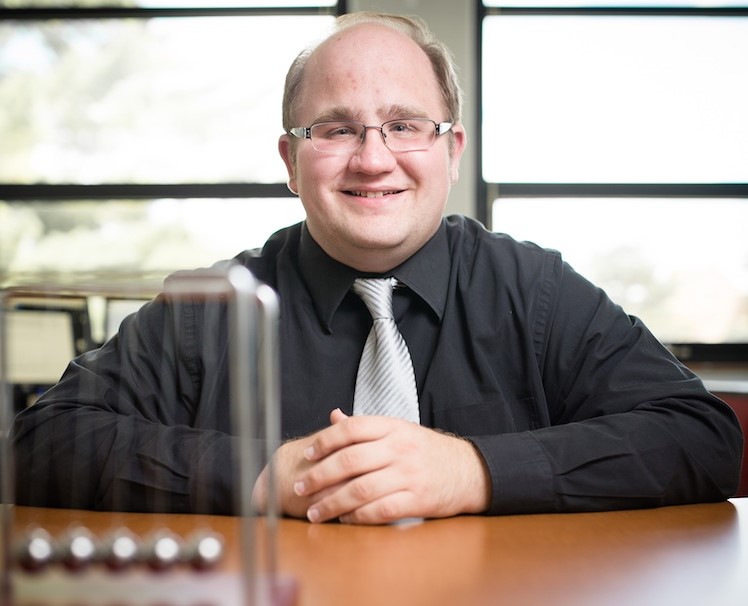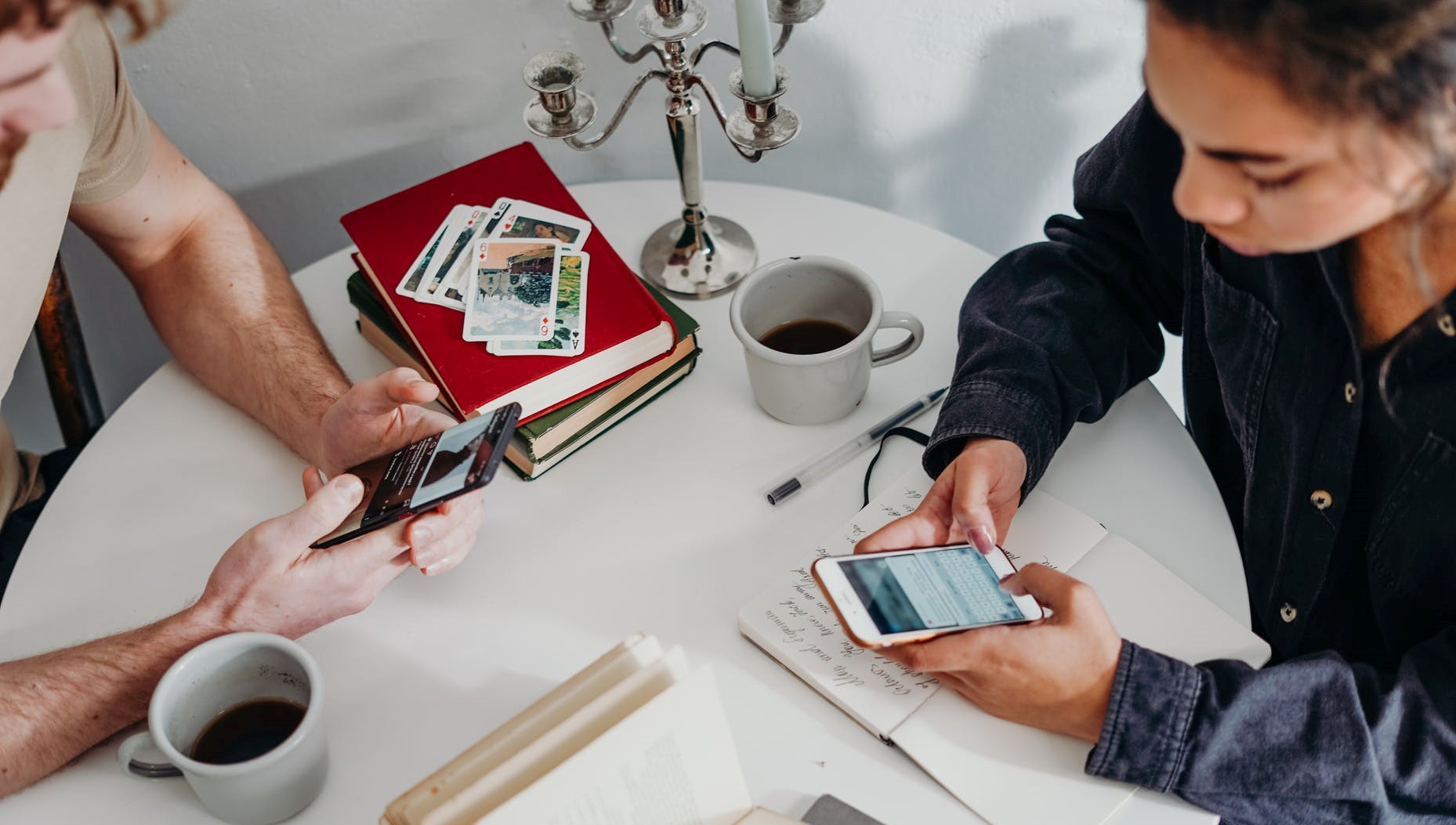How to maintain healthy relationships during the COVID-19 crisis - while maintaining proper social distance, of course
March 19, 2020 - Liz Schondelmayer
Social isolation is key to slowing the spreading of the novel coronavirus strain, COVID-19. For many people, however, the newfound social distance can bring on intense loneliness and strains on relationships.
 Relationship expert Dr. Bill Chopik (pictured left), a psychologist in the College of Social Science at Michigan State University, is providing some guidance on how to navigate relationships in this unusual time - and how to take care of yourself in the process.
Relationship expert Dr. Bill Chopik (pictured left), a psychologist in the College of Social Science at Michigan State University, is providing some guidance on how to navigate relationships in this unusual time - and how to take care of yourself in the process.
Maintaining friendships
Social isolation doesn’t mean that communication and activities have to stop completely - they may just require a bit more creativity.
Dr. Chopik suggests scheduling regular phone calls or video chats with friends to stay caught up and actively engage during the self-isolation period. He also proposes carrying out normal tasks like eating dinner or watching your favorite show, but doing so together, using technology such Skype or FaceTime.
“Although face-to-face interaction may not be possible, we can have good conversation and shared experiences with our friends and loved ones,” says Dr. Chopik. “This can help alleviate some loneliness and establish a sense of fun normalcy.”
Staying on your significant other’s good side
It’s no secret that there can be such a thing as too much together time - and for many people living with their significant others or spouses right now, there are some natural concerns about what indefinite social isolation may do to the relationship.
Research has shown that big events like this can have a major impact on relationships. For example, natural disasters have led to a direct increase in marriages, divorces, and childbirths (9 months later).
Dr. Chopik advises that, if couples are feeling too much tension, they might want to try to give each other some space, or do a low-stress activity together like play a game or watch a lighthearted movie. Trying to engage in serious conversation could turn into an aggravated argument if both parties aren’t ready.
For many couples, the time spent away from each other at work fuels the conversation that happens together. This means that spending the whole day together can actually give couples less to talk about - meaning there may be more quiet time than usual. Dr. Chopik urges couples to spend time “alone together,” meaning doing separate activities in the same room.
“This allows for conversation surrounding each individual’s experience, and also allows each person in the relationship to maintain their individuality,” says Dr. Chopik.
Dr. Chopik also points to past research on open-ended questions that can lead to deeper, more meaningful conversations. Questions include: If you could change anything about the way you were raised, what would it be? What, if anything, is too serious to be joked about? Do you have a secret hunch about how you will die? These can serve as a prompt for couples - or friends! - wanting to talk, but not knowing what to talk about.
Checking in on yourself
As Dr. Chopik pointed out, “This is introverts’ time to shine.” For people who need their alone time, social isolation could actually be a blessing. However, for extroverted individuals who need human interaction and a busy, outgoing schedule, this period of self-isolation could feel like torture.
For extroverts, Dr. Chopik suggests keeping a tight, albeit virtual social schedule, and going outside (but keeping a safe distance from others) as much as possible. He also emphasizes the importance of positive self-talk and reassurance as ways to reduce anxiety around the situation.
Keep up with the latest COVID-19 updates and find MSU community resources here.


